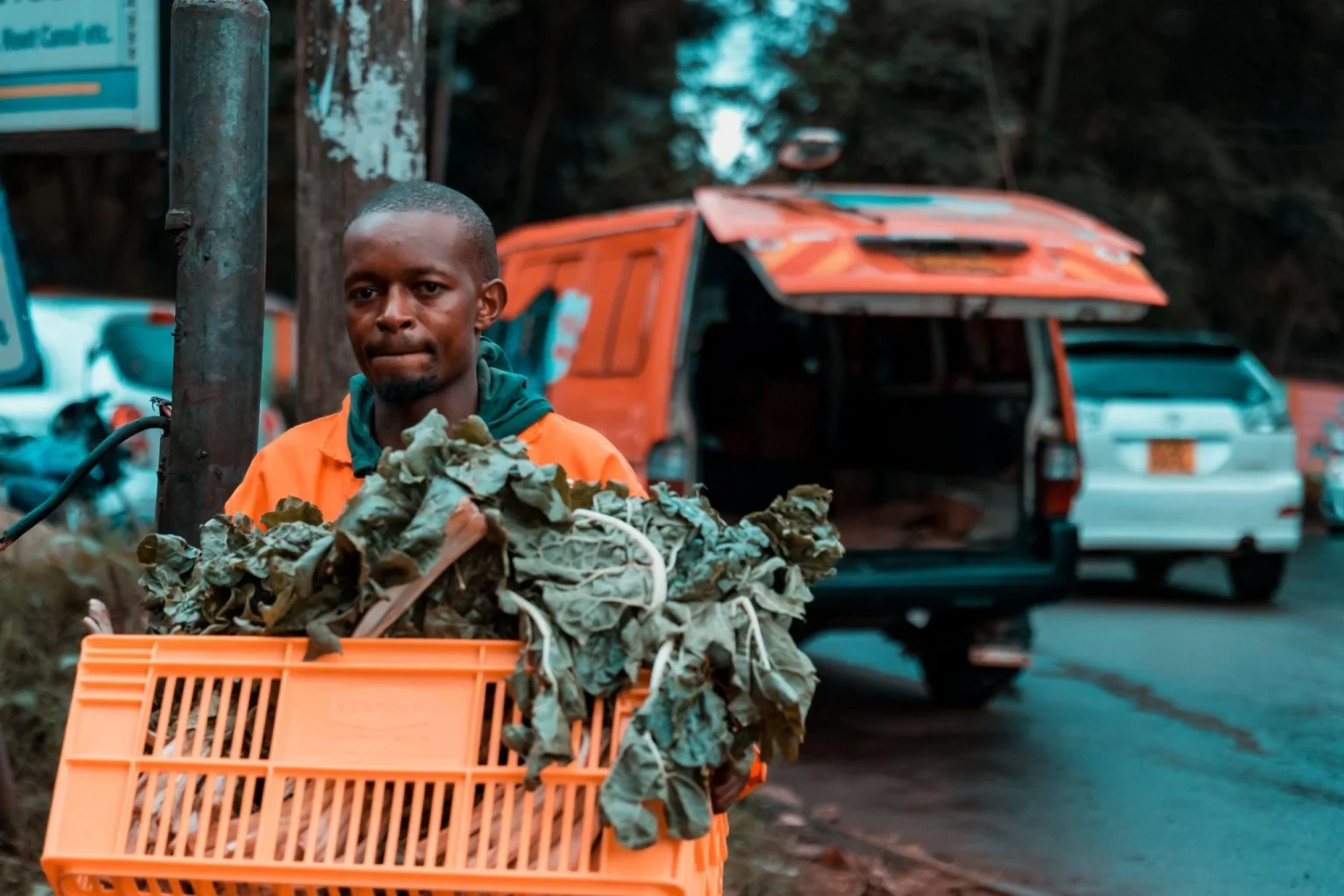- The firm launched in February 2021 in Nairobi and has reported significant growth over the past year
- Challenges including unpredictable prices of farm produce and a lack of working capital often plague small restaurants and food vendors across the continent
- The startup aims to make it convenient for local restaurants and food vendors to easily restock and ensure smooth continuity of operations
Finding stock for a restaurant can prove a daunting challenge at times, especially given how unpredictable the market for fresh produce can be.
This is a challenge faced by many restaurants not only globally but in Africa as well.
Not too long ago KFC in Kenya said it was unable to offer fries (chips) as the global fast-food chain was unable to import its preferred pre-sliced potatoes from Egypt.
This led to a public outcry across the East African nation as consumers could not fathom how the restaurant chain couldn’t get its hands on potatoes considering they are Kenya’s second-most consumed crop after maize and are cultivated mostly by small-scale farmers.
The stock-out even led to calls to boycott the fast-food chain and an eventual pledge by the company to find a suitable Kenyan supplier.
KFC in Kenya is just one among many examples of how many restaurants across the continent often find themselves in a pickle.
This and other challenges including unpredictable prices of farm produce and a lack of working capital often plague small restaurants and food vendors across the continent.
This is what largely drove the creation of TopUp Mama- Former Kibanda TopUp- in Kenya.
The firm launched in February 2021 in Nairobi and has reported significant growth over the past year since its inception.
Founded by Njavwa Mutambo, Emilie Blauwhoff, and Andrew Kibe, the startup has grown 10-fold in just over a year with more than 3,000 merchants (1,000 actives) using its platform to make orders every month.
The startup aims to make it convenient for local restaurants and food vendors to easily restock and ensure smooth continuity of operations.
This, the B2B e-commerce platform does by sourcing supplies from local farmers and distributors and using its fleet of vehicles to make deliveries to restaurants and other food vendors.
“The average adult living in Nairobi will have at least one meal outside their homes every day, but the restaurants that support this consumption have extremely fragmented supply chains. The ability for them to get products for their businesses is extremely constrained. These are the same problems I saw my mother, a restaurateur for more than 30 years, deal with and what inspired this business,” TopUp Mama CEO, Mutambo, said.
Additionally, the firm offers short-term credit to its users.
The e-commerce platform also currently has operations in Nigeria.
“We work with individual manufacturers and distributors, manage the procurement process, and then aggregate the items in our warehouses, which have cold chain support. We handle the last-mile distribution as well. Our buy-now-pay-later product allows our clients to order more, and in a way that grows their businesses,” Mutambo added.
A fresh round of funding
The e-commerce startup recently closed a US$1.7 million funding in March bringing the total amount raised by the firm to US$2.16 million.
The startup enjoys the backing of a number of investors including Ventures Platform and JAM fund, who led the seed round with participation from Next Billion Ventures, Future Africa, Jedar Capital, HoaQ Fund, First Check Africa and San Fransisco based DFS Labs.
“TopUp Mama empowers restaurant owners through access to affordable foodstuffs and powerful data analytics to deliver the delicious meals that keep us sustained and bring us together. Importantly, they also help restaurants grow their customer base while improving efficiency,” Ventures Platform founder, Kola Aina said.
The new round of funding has enabled the company to develop tools including a food delivery platform aimed at helping restaurants better manage their day-to-day operations and drive up profits by providing them with a gateway to consumers.
Additionally, TopUp Mama is looking to grow its reach in both Kenya and Nigeria, targeting over 50,000 businesses as the company seeks to be the continent’s largest grocery distributor targeting restaurants.
TopUp Mama says the firm aims to create a “world-class food supply chain” that will contribute to the continent’s GDP, but first, they want to capture the Kenyan and Nigerian markets.
More and more firms are applying technology to improve supply chain challenges that have been disrupting business operations across the continent for ages.
In Kenya, for example, another such startup is Twiga Foods. The firm is currently working to eliminate middlemen by directly sourcing produce from the farmers themselves and selling directly to customers and small vendors.
Late last year, the firm raised US$50 million in a Series C round. According to Crunchbase Twiga has raised a total of $157.1 million from 23 investors across 19 rounds.
The company launched in 2014 and has more than 1,000 employees with plans to expand to Uganda and Tanzania before venturing into other markets including Cote d’Ivoire, DRC Congo, Ghana and Nigeria.
Read: M-mama emergency transport for pregnant women expands in Tanzania
